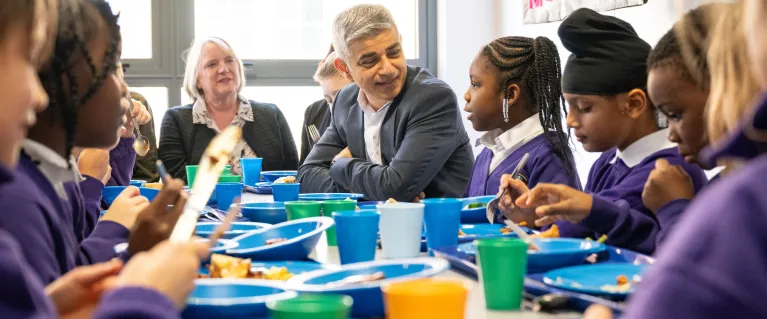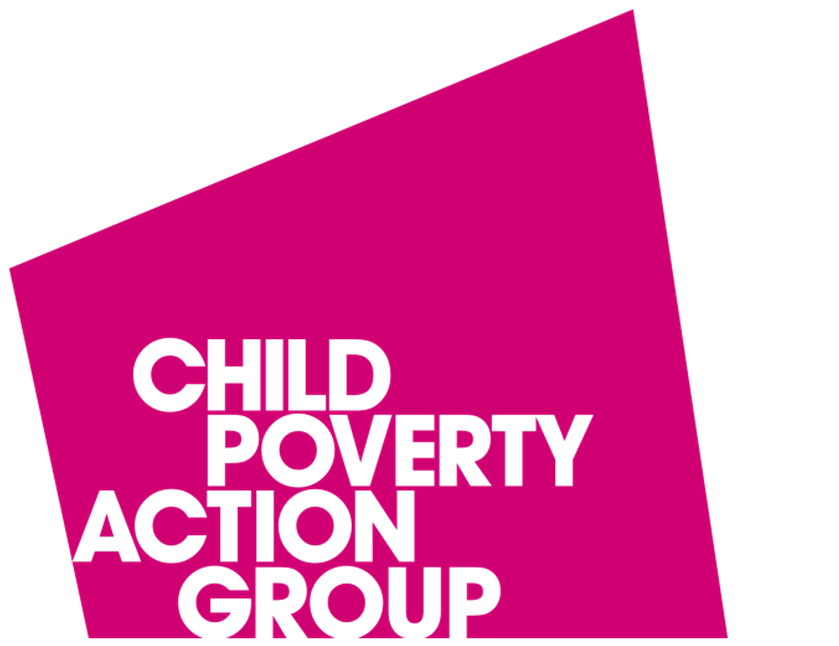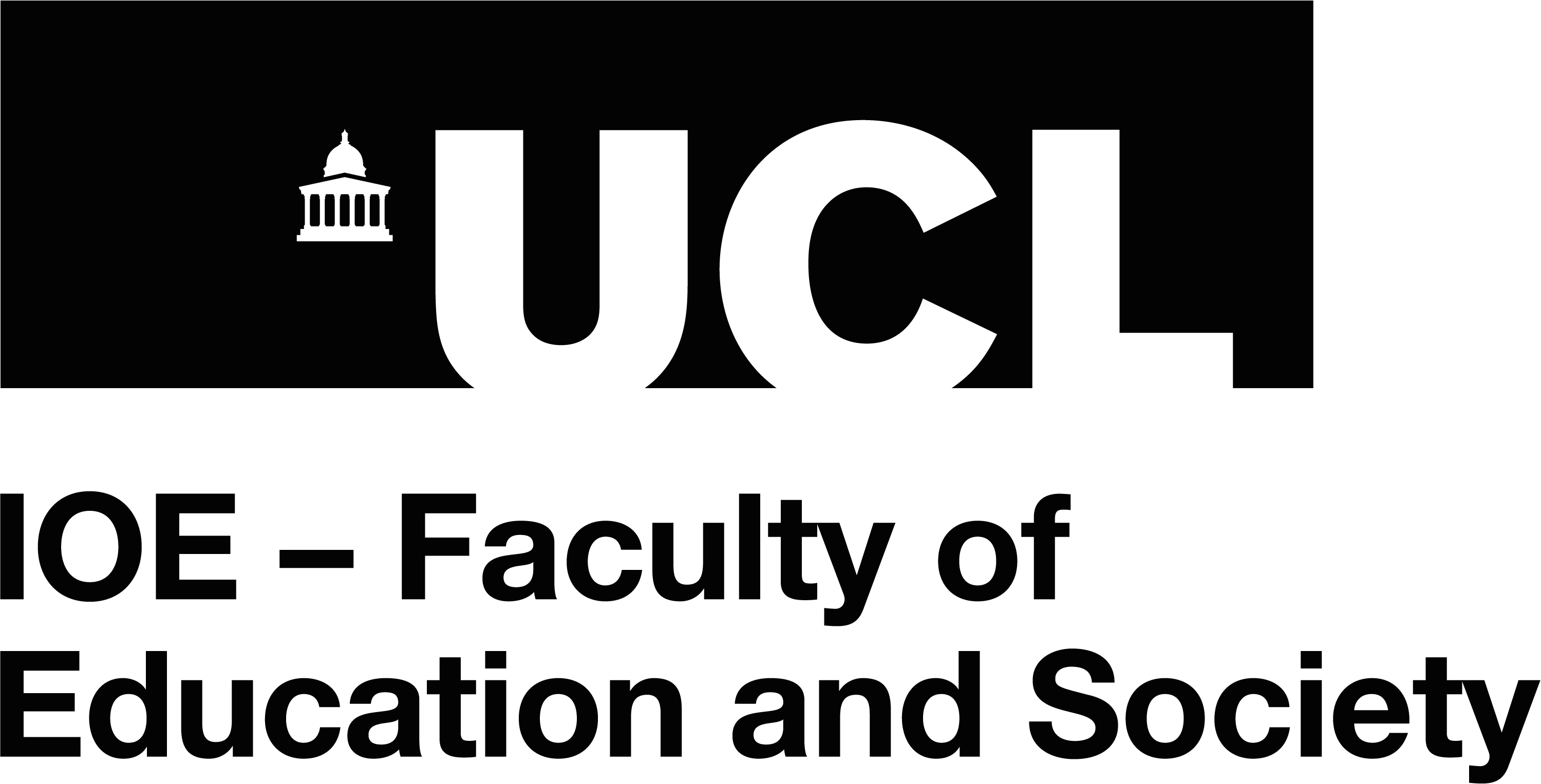
Measuring the success of Universal Free School Meals
Why measure success
The Mayor's Universal Free School Meals (UFSM) policy is a cost-of-living intervention that aims to alleviate financial pressures on families.
To measure the success of UFSM and build on current evidence, the Mayor of London committed to support an evaluation of the UFSM programme during 2023-24 to:
- understand the outcomes associated with the policy for children and families across London
- maximise the learning from regional policy implementation
- contribute to the evidence base on universal approaches to school food provision.
Our approach for monitoring and evaluation
The Theory of Change model for UFSM was developed by Bremner & Co and funded by Impact on Urban Health. Further to this, an Integrated Impact Assessment (IIA) conducted in May 2023 highlighted the potential impacts of the policy for 2023-24 and informed our approach to monitoring and evaluation for this period. The IIA was updated to inform the policy extension in year three.
The monitoring and evaluation strategy looks at:
- the uptake of Free School Meals
- insights from key stakeholders
- lived experience evaluation
- implementation evaluation
- long-term impact evaluation.
Related information
Arbor provides a cloud-based MIS to around 10,000 schools across the country, with 1,058 of those being in London as of September 2025. There are 381 primary schools using Arbor’s dinner module, and form the data sample for the GLA. In 2025 there are 68,368 pupils in the sample (covering years 3 to 6). This is 25.8% of the London school population in Y3 to Y6 (265,419).
Arbor shares high-level data on their schools across boroughs to help the GLA understand the percentage of children having a free school meal throughout the year, in relation to Arbor’s sample. This is part of Arbor's independent insights work, which aims to share aggregated, anonymised data on school characteristics to help support an understanding of the shape of the sector for research and policy purposes.
The GLA undertakes research with head teachers and parents via ad-hoc qualitative research or polling, to understand impacts on families and schools.
- experiences and understanding of the policy
- initial impacts on families and schools.
Impact on Urban Health have commissioned a mixed methods study in partnership with Public Health Nutrition Research. This evaluation explores how the policy has been implemented as well as the lived experience of children and communities.
This study will assess the implementation context, policy mechanisms, and barriers and enablers to implementation.
The report was published in November 2024.
Cost benefit analysis
Impact on Urban Health commissioned PriceWaterHouseCoopers (PWC) to conduct a cost benefit analysis, including the wider contributions universal free school meals offers.
The report was published in November 2023.
The Education Endowment Foundation commissioned University College London (UCL) to do an impact and implementation evaluation. This focuses on a range of outcome measures, including:
- pupil attainment and attendance
- behaviour
- concentration
- wellbeing
- household financial distress
- household supermarket expenditure.
They will combine this with an implementation and process evaluation to explore the effects of universal free school meal provision, at both a school and household level. This will involve:
- an analysis of school meal uptake
- surveys of headteachers and parents/carers
- visits to schools, including observations, interviews with head teachers and parents, and focus groups with teachers and pupils.
The Integrated Impact Assessment (IIA) process is a tool for identifying potential impacts associated with the Mayor’s UFSM scheme. The IIA includes ways to avoid and mitigate any adverse impacts, and enhance the benefits of the scheme. The purpose of the IIA is to promote better integration of social, environmental and economic considerations in the development of key policies and programmes.
Need a document on this page in an accessible format?
If you use assistive technology (such as a screen reader) and need a version of a PDF or other document on this page in a more accessible format, please get in touch via our online form and tell us which format you need.
It will also help us if you tell us which assistive technology you use. We’ll consider your request and get back to you in 5 working days.






